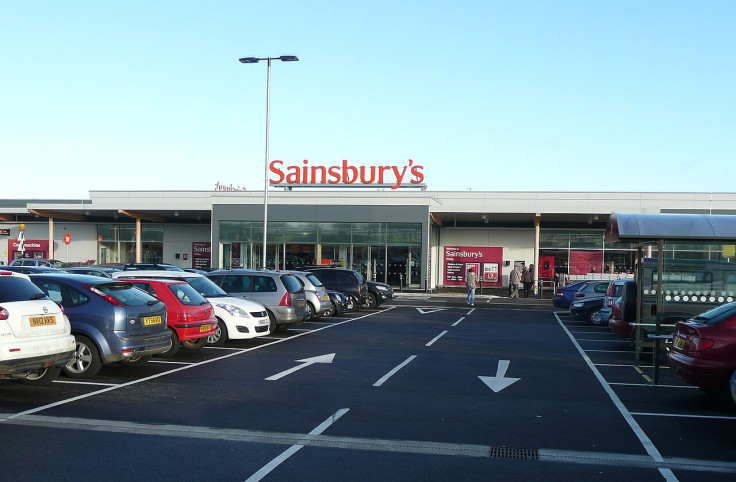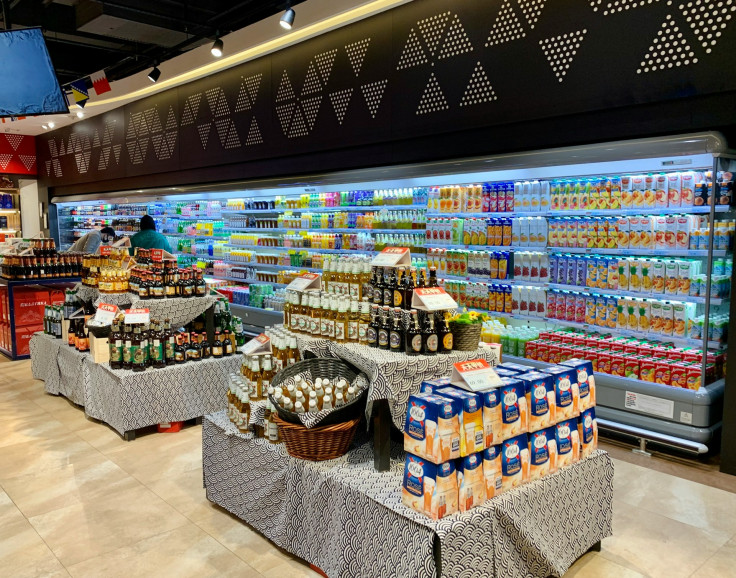
Leaders of nine of Britain's largest supermarket chains have issued a joint appeal to Chancellor Rachel Reeves, urging her to exclude shops from the proposed business rates surtax, warning that the measure could push food prices higher and prolong inflation into 2026.
The call, coordinated by the British Retail Consortium (BRC), comes ahead of next month's Autumn Budget and highlights mounting tensions between the retail sector and the government over rising tax and regulatory costs.
Retailers Warn of 'Immense Financial Strain'
Helen Dickinson, BRC Chief Executive, said supermarkets are struggling to keep food affordable amid what she described as 'immense financial strain'.
'Supermarkets are doing everything possible to keep food prices affordable, but it's an uphill battle, with over £7bn in additional costs in 2025 alone,' Dickinson said. 'From higher National Insurance contributions to new packaging taxes, the financial strain on the industry is immense.'
She added that large retailers already carry a disproportionate share of the burden. 'Large retail stores sustain nearly one million British jobs and already contribute a third of all retail's business rates, despite being a tiny proportion of all stores. This letter calls on the Chancellor to exempt shops from the new business rates surtax levied on large commercial premises. This would not only help to tackle food inflation but support jobs and investment across the country.'
Industry Letter Warns of Prolonged Inflation
The letter, sent to the Chancellor on 22 October, was signed by senior executives from Tesco, Sainsbury's, Aldi, Asda, Iceland, Lidl, Marks & Spencer, Morrisons and Waitrose. It warns that rising costs are eroding the sector's ability to absorb further tax hikes, with households set to bear the brunt if the government presses ahead with the surtax.
'If the industry faces higher taxes in the coming Budget – such as being included in the new surtax on business rates – our ability to deliver value for our customers will become even more challenging and it will be households who inevitably feel the impact,' the letter said.
The executives argue that sustained cost increases, including from the previous Budget's £7bn in new taxes and levies, are feeding inflationary pressures across the food supply chain. They also cite data from the Asda–CEBR Income Tracker, which shows that 60% of UK households have seen a fall in disposable income as food and transport costs continue to outpace wage growth.
The signatories note that the UK grocery market is one of the most competitive in the world, with profit margins far below those in other sectors. They warn that further tax increases could reverse recent progress in easing food inflation, which remains stubbornly high despite slowing headline inflation.

A Call for Tax Reform
Supermarket leaders are calling on the Chancellor to reform the business rates system by excluding large retail premises – those with a rateable value above £500,000 – from the surtax. They argue that such stores play a vital role in local economies by supporting hundreds of thousands of jobs, partnering with local suppliers, and driving footfall to nearby small businesses.
The letter contends that excluding supermarkets from the surtax could be achieved 'at no cost to the Treasury', suggesting that modest rate increases for large office and industrial properties could offset the change.
'Starting to address retail's disproportionate tax burden would send a strong signal of support for the industry and the Government's commitment to tackling food inflation,' the letter said.
Political and Economic Backdrop
The appeal comes as the International Monetary Fund (IMF) predicts that the UK will record the highest inflation in the G7 through 2025 and 2026. According to the Bank of England, inflationary pressures are being exacerbated by increased tax and regulatory costs on retailers and their supply chains.
Supermarkets argue that their efforts to keep prices low are being undermined by cumulative financial burdens, including a rise in employer National Insurance contributions, the new Extended Producer Responsibility (EPR) packaging tax, and an increase in the business rates multiplier.
The letter concludes by calling on the Chancellor to demonstrate 'practical support for a sector at the heart of every community', emphasising that stable food prices are key to easing the cost-of-living crisis and supporting economic recovery.
As the Autumn Budget approaches, the government faces growing pressure from the retail sector to ensure that fiscal policy supports, rather than hinders, the fight against inflation.







